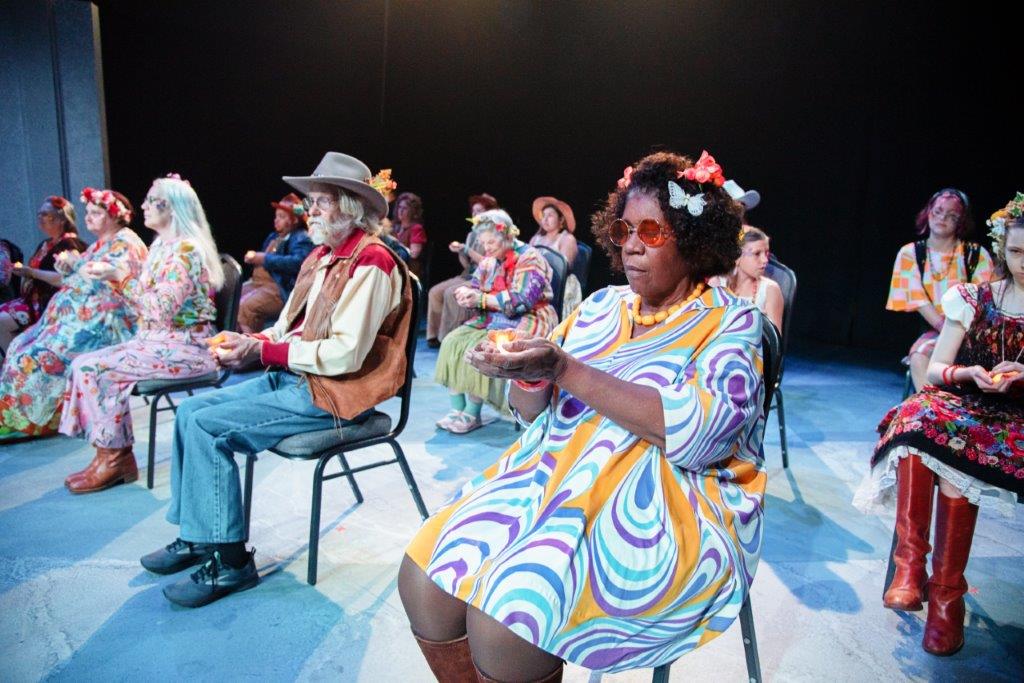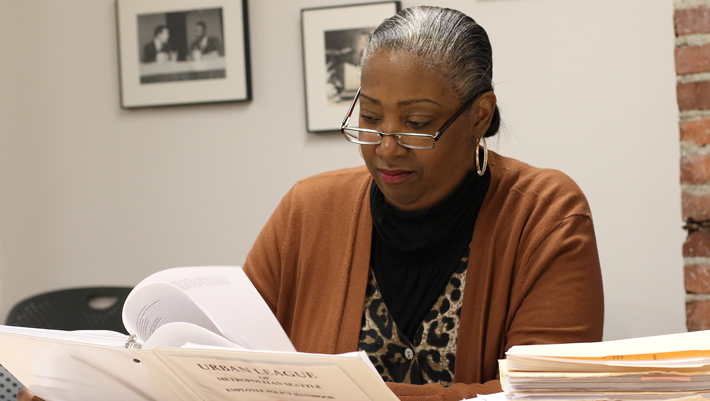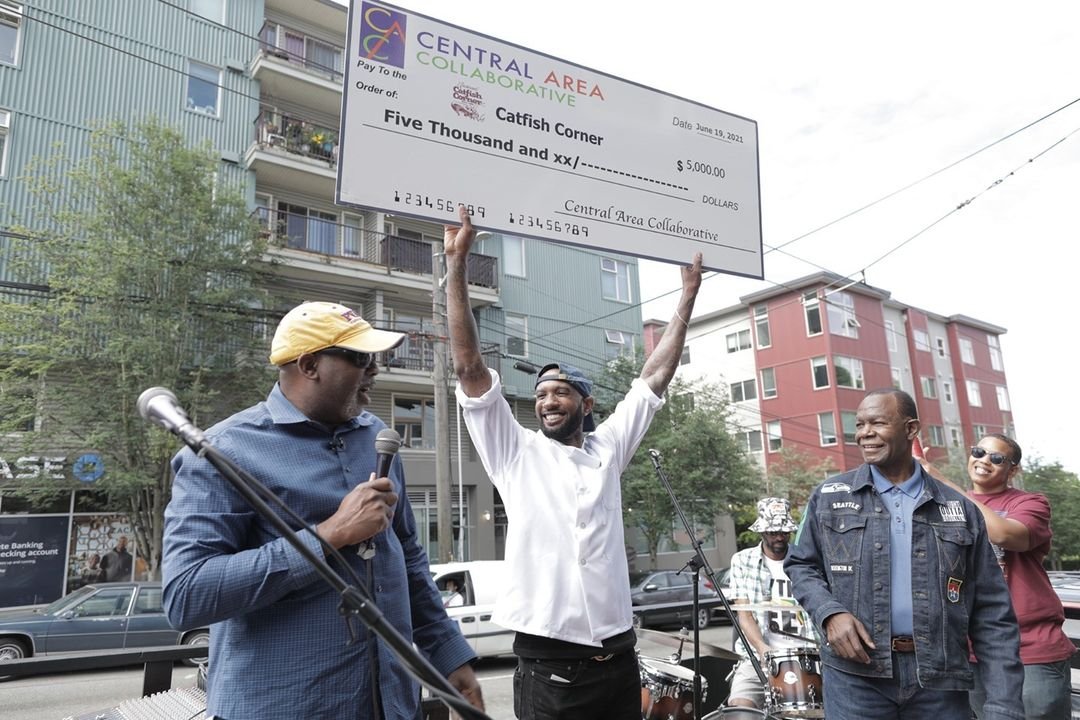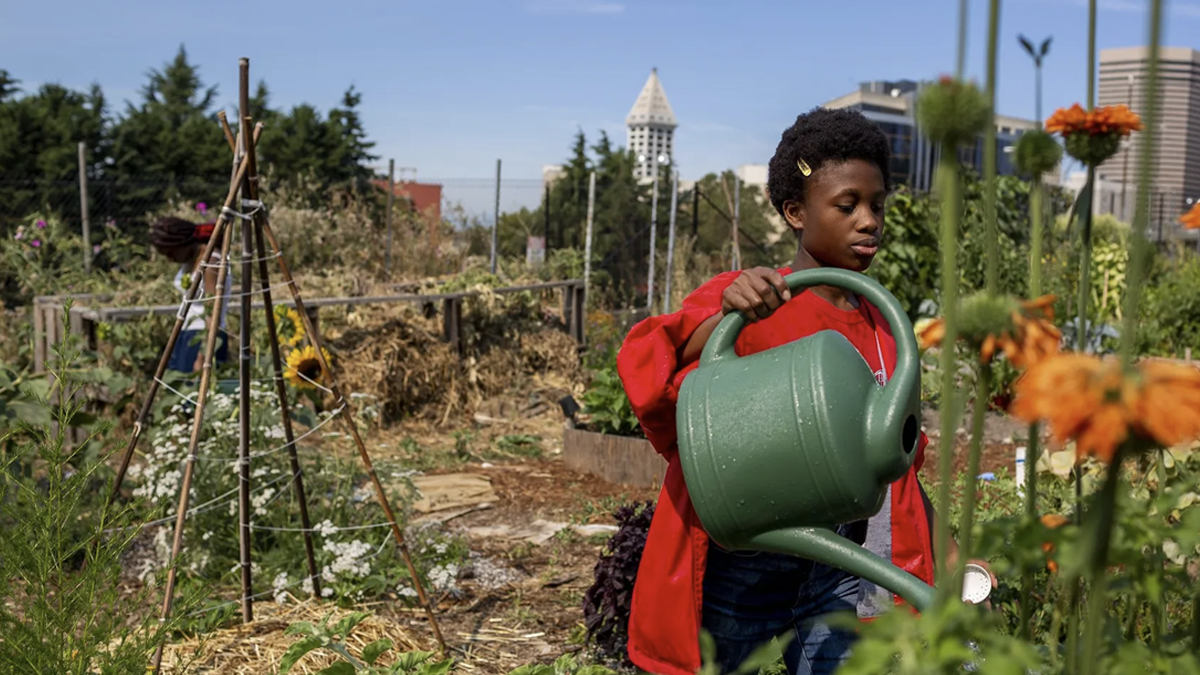
The Black Farmers Collective is a group of urban food system activists working to improve the health of Black communities through food justice and sovereignty. Their mission is to build a Black-led network of food system actors to acquire and steward land, facilitate food education, and create space for Black liberation in healing and joy. The Collective’s work is rooted in cooperation and interconnectedness with the environment and the community. We recently connected with director Ray Williams to get to know a bit more about the Collective.
Tell us about Black Farmers Collective and the work that you do?
Ray: In response to health disparities in the Black community, I focused my community work on urban food growing as one of the best things folks can do for their health. We were formed five years ago to apply for the Yes Farm site. We have been working it for three years with a mission to grow food and community on an inclusive site, fostering Black leadership on the land.
Because of its visibility from I-5 corridor, a lot of people have probably seen Yes Farm, but might not know much about it. Can you tell me a bit about the farm and how it works to engage community?
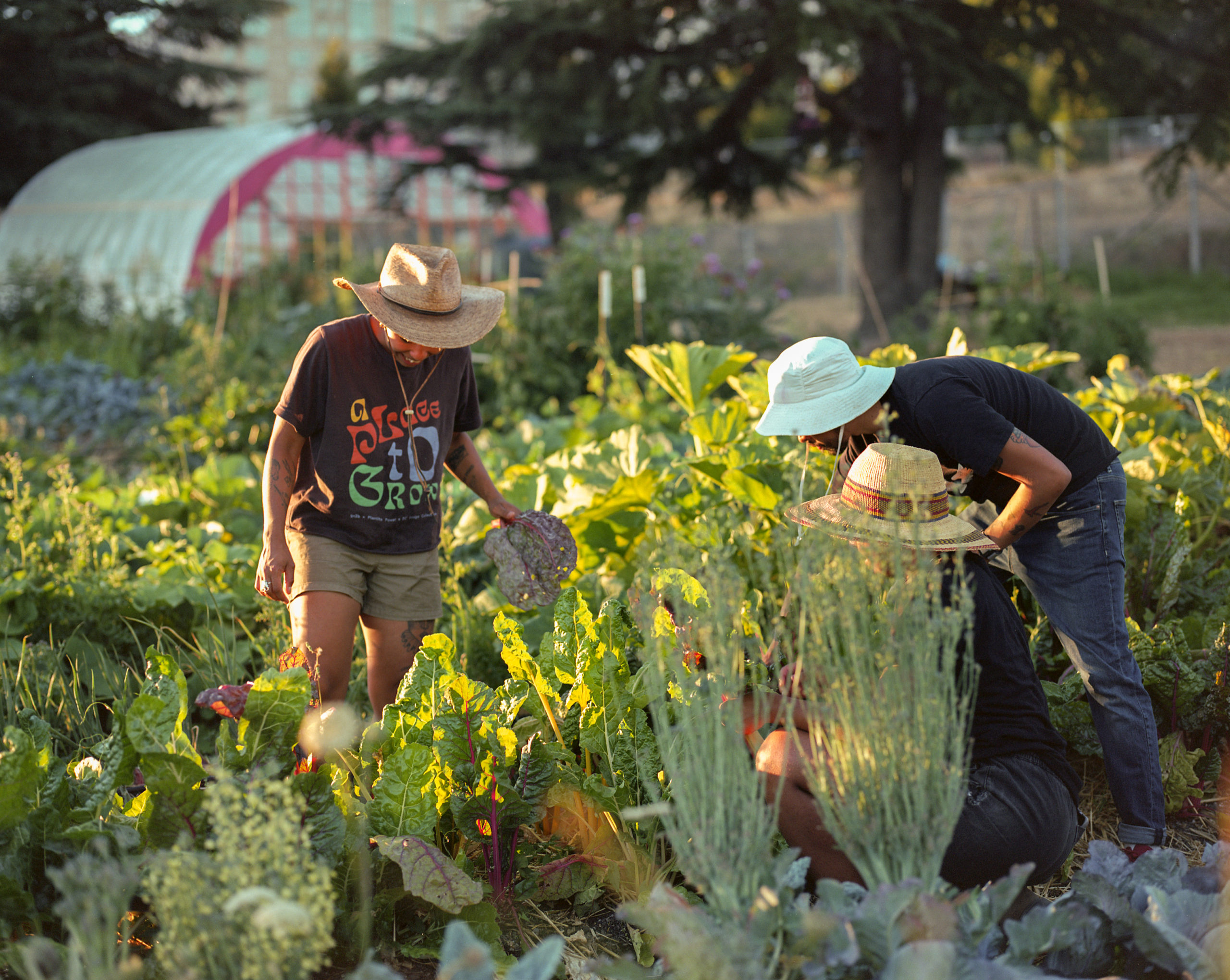
Ray: Seattle Housing Authority (SHA) has been redeveloping Yesler Terrace and looked to improve the freeway right-of-way to the west of their property. Black Farmers Collective (BFC) answered the Request for Proposal and SHA contracted with WA State Department of Transportation to “landscape” the row. We have been developing the farm site through BFC labor, community volunteers, and partnerships with local organizations. The goals are to grow fresh, healthy food; create an economic model where the farmer gets a living wage and the food goes to people who need it; grow some potential farmers through engaging community and youth in learning the practice; and build a welcoming community space. We engage community by bringing people in to visit the space and experience it as they like; walk through, sit and reflect, join in the work. We offer special events to build a diverse community, educate all, and create safe spaces for Black healing.
Hannah: We are now at this place where we have the capacity to start working on some of the ideas we’ve had for the past two years and have built great relationships with organizations and individuals that help us really engage the community. Right now, we are growing so much more food at Yes Farm and Small Axe, our four-acre farm in Woodenville, we’re hoping to get a delivery van to help us bring food to our partner organizations or to Farmer’s Markets and work toward developing an economic model beyond just grant funding that can help with our goals. We want to give communities of color the chance to learn about farming, subsidize food for those who have traditionally not had access to fresh produce, and address issues of climate resilience and restoration centered around food.
In what ways have inequities in our food systems impacted the Black community in Seattle?
Ray: Economic oppression has created an income and wealth gap that has driven many Black families to buy the cheap, processed, unhealthy food our food system has developed to make maximum profits for owners. This wealth gap limits family startup funds that often support young entrepreneurs. Past discrimination has limited land ownership and, in doing so, restricted opportunities to inherit farmland. Because our food system relies on undervalued and underpaid labor, predominantly by people of color, and was built on unpaid forced labor, it has turned Black youth away from the opportunity or desire to engage in the system.
How will the grant you received as part of the Food Equity Fund help support the mission and vision of Black Farmers Collective?
Hannah: This grant is pretty huge for us because, while we have received grants in the past, a lot of the work that we’ve done has been in collaboration with other organizations that had more funding. Most of the grant money we’ve received has gone to paying staff and building infrastructure. Now we’re able to pivot from infrastructure setup to developing community programs, events, and workshops. My goal is to do a monthly workshop at Yes Farm that will bring in different educators of color to teach about farming, food justice, and the environment. The first workshop we held was a seedling class where we created seed trays and this month, we’re having a mushroom bucket workshop where participants can bring home kits to grow culinary mushrooms at home. We’re excited that these workshops will be a way to give out free resources to the community and bring people into a really unique learning space.
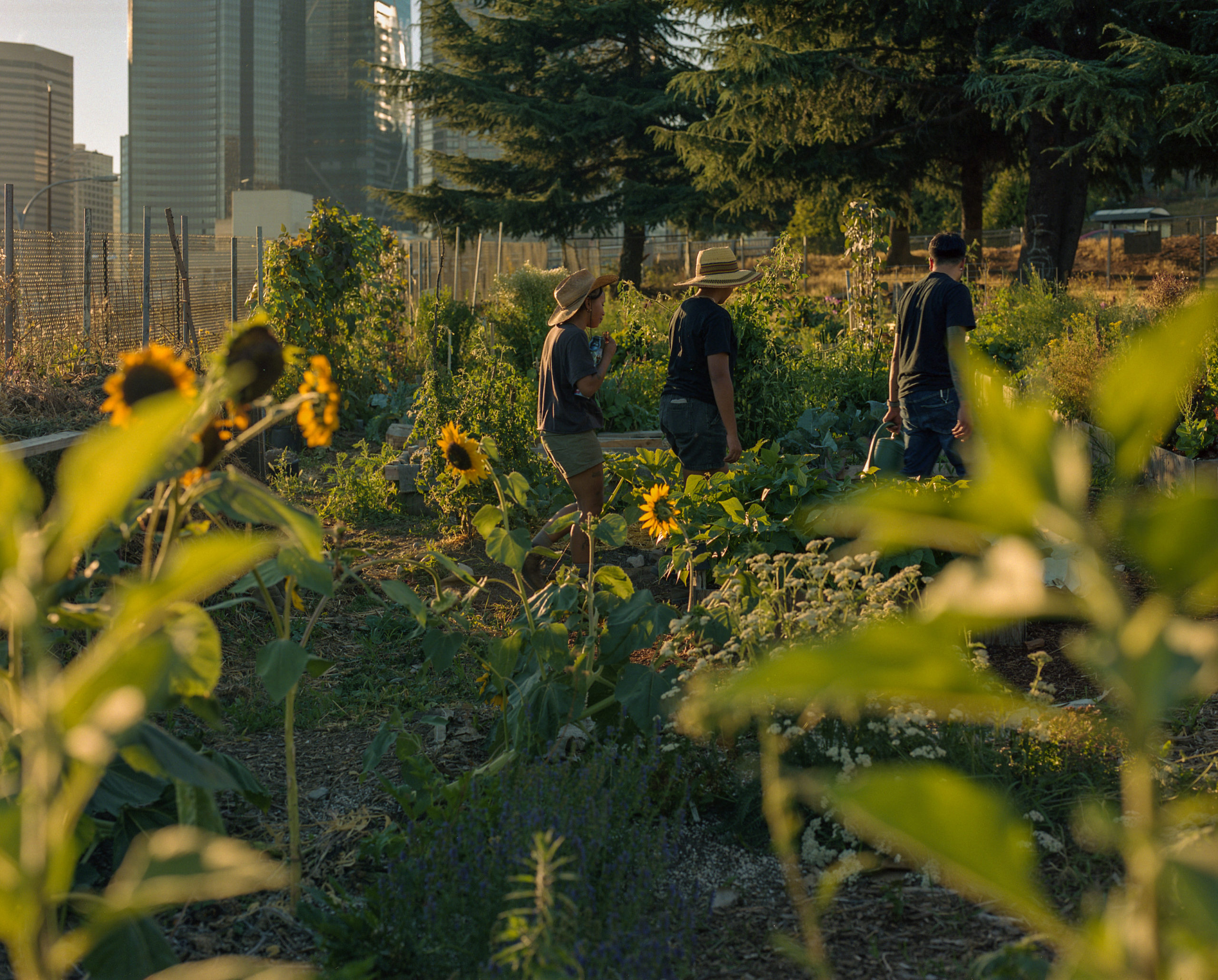
The funding will also be used to host a series of cookouts over the summer that will bring a Black chef to come cook a meal at the farm with the produce we’re growing at the time. I’m really excited about this! I see it as an opportunity to showcase local chefs and their creativity, and to familiarize people with different fruits and vegetables, and how to use them. Not everybody has all the tools to know how to cook a bunch of delicious meals that are not only healthy for your body but are nourishing for your soul. We want to include recipe cards and maybe produce bags for attendees to take home. These events will also engage and support the broader community by bringing in DJs and Black vendors to come to sell their goods and share their skills as well.
Why is the work you are doing at Black Farmers Collective and Yes Farm so important for shaping the health of the future and working to help heal wounds of the past?
Ray: What we eat is a major factor in our future health. Creating a diverse, resilient local food system is part of our community’s mitigation of climate change.
By reframing the notion that farming and working the land is “slave work” to acknowledge it as an act of building and feeding the nation; by uncovering great contributions of African American research to farming techniques; and fostering Black land ownership will help heal some of the wounds of the past.
Hannah: We always want to center our work around joy and celebration of people of color. I think what is so special about Yes Farm and looking forward to future workshops is that we’re only hiring educators of color and we’re making it a BIPOC only space. We want folks of color to know that these workshops are for them, and they will be supported and prioritized in that learning environment. That support and prioritization is something that isn’t necessarily available in many other places in Seattle or, really, at institutions in general.
To learn more about Black Farmers Collective and Yes Farm visit: www.blackfarmerscollective.com
Applications are currently open for Food Equity Fund. Community-based organizations working to address food education, access, and security in Seattle are encouraged to apply by March 15. To learn more or apply visit www.seattle.gov/food-equity-fund.
